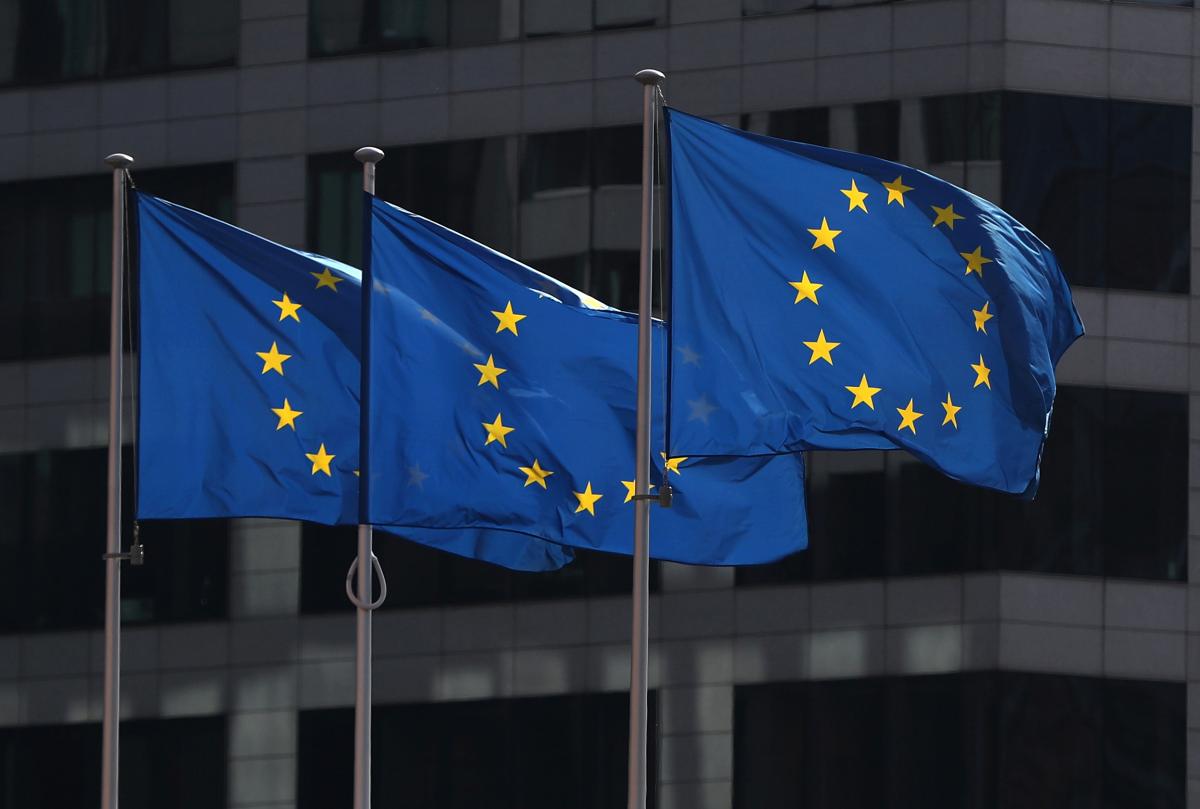Date of publication: 23 May 2016
Olena Omelchenko, Partner, Attorney at Law, Head of International Trade Practice
Source: European Pravda
On May 12 this year the European Parliament passed a joint resolution about the status of Chinese economy. This decision provoked heated disputes in the EU as soon as it expressly influences the level of trade protection of the EU internal market.
From the general resolution of the European Parliament follows that the EU is not yet ready to consider China to be the country with a market economy.
It needs to be stated that this is not a formality at all. Not only the EU, but the USA, Canada and Japan have not provided China with such a status, at the same time when Australia, Brazil, Argentina, Switzerland and Russia have done so.
What meaning does it have and how can it influence trade protection of the EU?
In 2001 China joined the WTO as a country with a transition economy, but, after expiration of 15 years the countries – members of the organization – must finally acknowledge market status of Chinese economy.
The Celestial Empire insists that interpretations of the Protocol on China’s joining the WTO stipulates for automatic acknowledgment of the country as the country with market economy in 2017, but certain WTO members do not share this view.
Existence of such status is mainly expressed by anti-dumping investigations in the course of which towards non-market economies the methodology for calculation of duties as to “analogue countries” is applied.
At the moment the EU anti-dumping legislation provides for a possibility to apply this methodology and defines China as the country with non-market economy. The rules of calculation performance applied to Chinese companies differ from the standard rules in the fact that in the course of determination of a “standard cost”, which is the most important figure in establishment of the margin of dumping, data about similar (“analogue”) country are used.
The European Commission evaluates if the companies operate within the environment where market economic conditions prevail or not. Such evaluation is based on five criteria which are clearly defined by the EU rules. If the country fails to meet the criteria, it will not receive the right for using calculations under its own data.
At the same time there is a possibility to apply an individual regime for certain exporters under certain investigations.
Such approach allows many WTO members apply defensive duties towards China and push its products from the market. At the same time China is an absolute leader to whom such protection is applied.
There are 73 currently active antidumping measures 56 of which are applied to imports from China.
Except the EU such methodology is used by the USA, Canada, India, Mexico, Turkey etc.
By the way, until now a number of the listed countries do not acknowledge Ukraine as the country with market economy.
Thus, provision of the status of the country with market economy will allow Chinese industry to initiate re-consideration of anti-dumping measures and demand re-calculation of margin under own data which, undoubtedly, will lead to decrease or cancellation of duties.
What further?
Granting full market economy status to China poses a problem because of which the EU must make a decision till the end of this year.
But, regardless of coordinations within the WTO the European Parliament is reluctant to do this and in its resolution underlined that China is not a country with market economy, as well as that five criteria established by the EU have not been satisfied.
The European Parliament called on the European Commission to consider for anxiety expressed by the industry, trade unions and other interested parties as for consequences for workplaces in the EU, standards of economic growth in all sectors of industry and to develop a proposal according to this principle.
The European Union is expected to introduce new proposal in July of the current year. This decision will undoubtedly be hard to make. Firstly, the EU will have to consider for the experts’ evaluations relating to the economic effect of granting China a status of full market economy.
If China is granted the mentioned status, at least seven branch industries may suffer, including metallurgy and wood-working industry. As a result of this the EU is under threat to lose over 3.5 mln workplaces.
At the same time in response to negative answer of the EU Beijing may take reciprocal measures. For example, it may pull out of the talks on investments (very important for the Europeans), as well as create trade obstacles to European companies.
China is the second largest trade partner of the EU with daily trade flow of over EUR 1 bln and its market is very important for many other spheres and European brands interested in development of trade relations.
That is why upholding the resolution will not, undoubtedly, mean that the EU is ready to start a trade war. It is likely that one should expect development of new balanced policy of trade protection which will constitute a certain middle ground.
For this very reason the European Parliament asked the European Commission to coordinate its actions with the major EU trade partners in order to come to the joint interpretation of the WTO rules, including in the context of future high-level G7 and G20 meetings, as well as discuss these matters at the future summit EU-China.
Along with this the European Parliament underlined an inevitable necessity of general reformation of the instruments of the EU trade protection to ensure equal conditions for European industry, China and other partners, in full compliance with the WTO rules.
All this means that the EU is trying to build healthy and balanced relations with consideration for real situation in China.
Certain experts believe that the European Union has an alternative solution for protection of its internal market from Chinese import – application of compensatory measures instead of antidumping ones.
The EU, the USA, Canada and Australia have started preparing themselves to this and have been using this tactics long ago. Applied will also be new alternative methodologies of antidumping margin calculation which will not be so direct in defining non-market nature of China, but will guarantee a high level of protection.
How will it influence Ukraine?
Ukrainian laws do not stipulate for the possibility to define the country with non-market economy for investigation purposes. That is why the methodology of calculation under “analogue country” criteria is not applied.
Moreover, while joining the WTO Ukraine signed a two-party protocol with China in which it declared that it does not consider China to be a non-market economy, in order to apply trade protection.
Thus, granting full market economy status to China will not influence the practice of calculation of duties for protection of the internal market in Ukraine.
However, solution to this problem depends on the demand for Ukrainian export, primarily to the EU countries. If China is able to secure opening markets of such global players as the EU and the USA, this will greatly improve competitiveness of Chinese-manufactured goods in such markets compared with Ukrainian products.
Apart from that, Ukraine should track further tendencies of the development of the practice related to trade protection of the developed countries and, in case of the development of certain steps, introduce them into Ukrainian legislation.
In particular, in view of underdeveloped practice of trade protection no compensatory measures are applied in Ukraine.
At the same time the Ministry of economic development of Ukraine is working on a new law which, as expected, will improve the practice of trade protection from the subsidized import.
Further development of the situation in relation to the market status of China and new EU trade measures may push forward similar practices in Ukraine.

